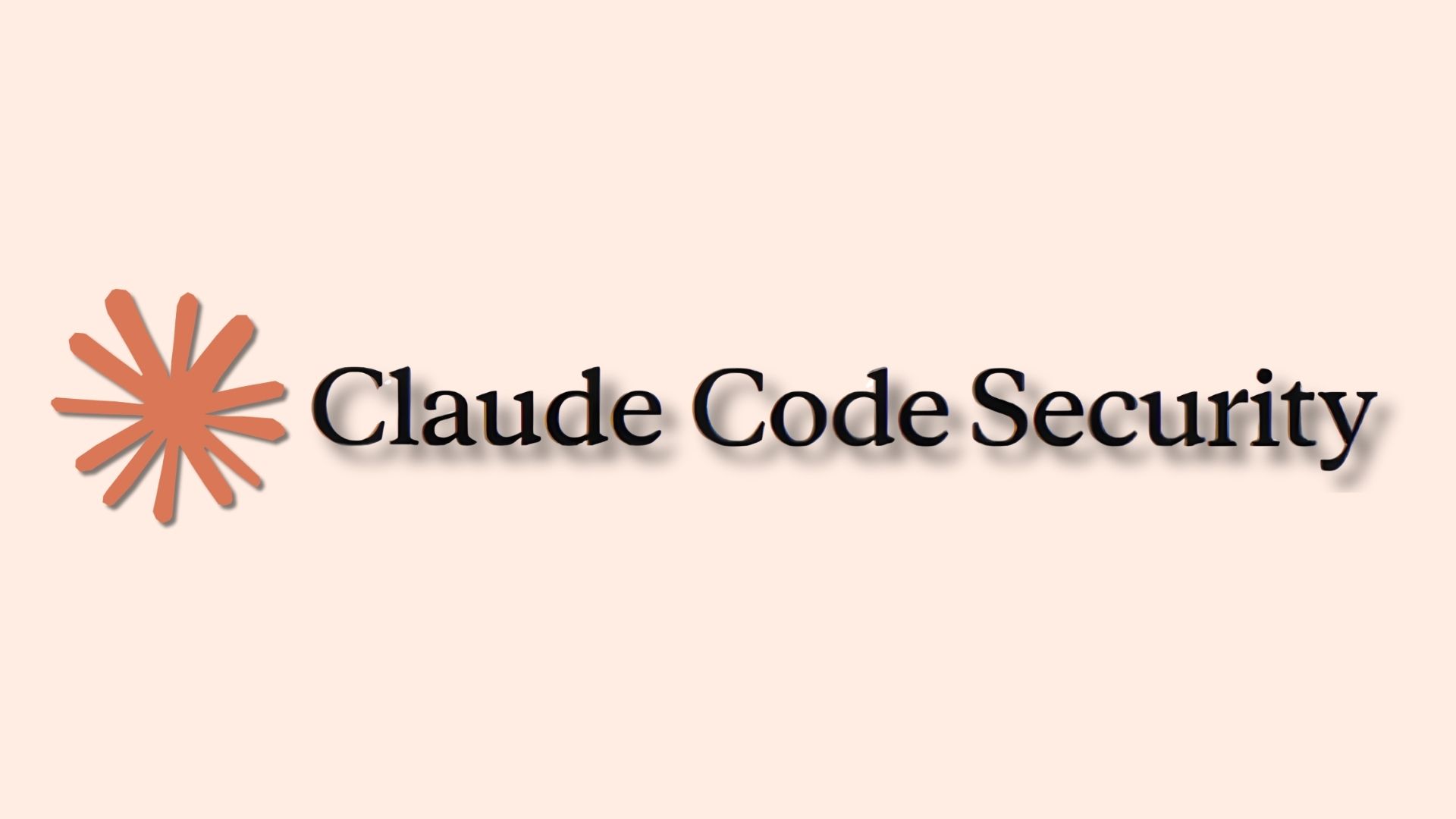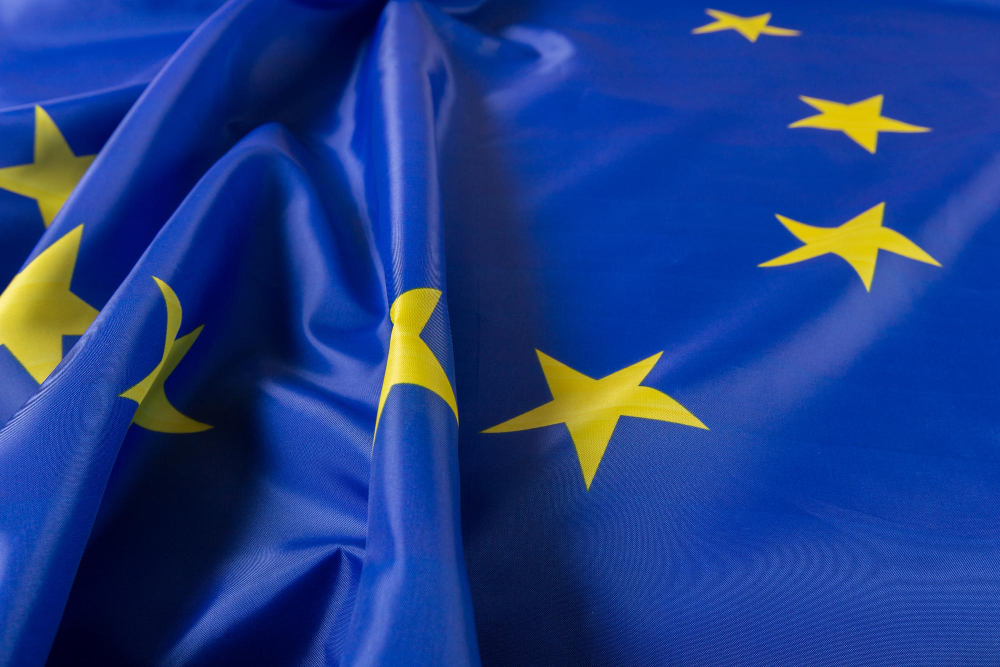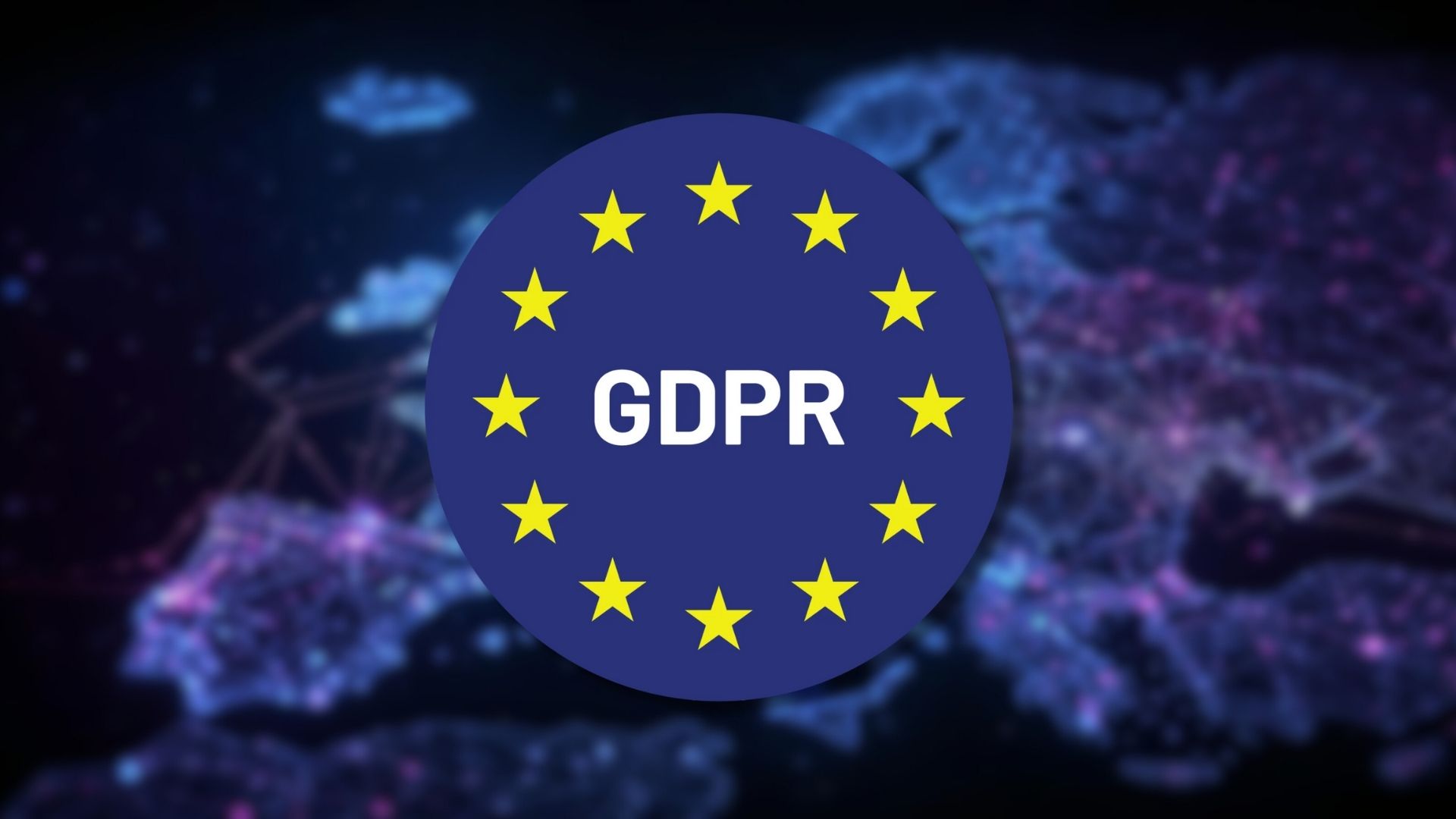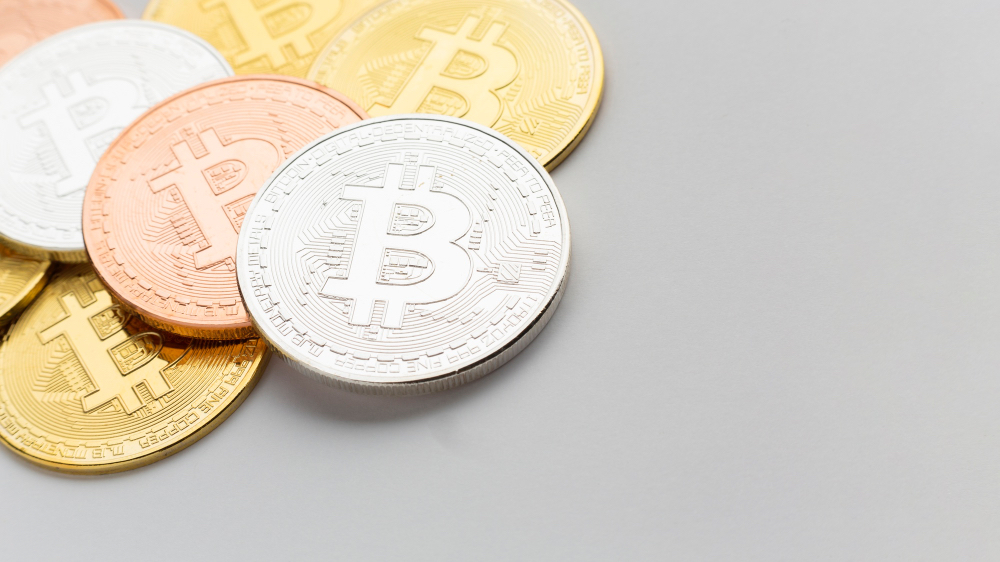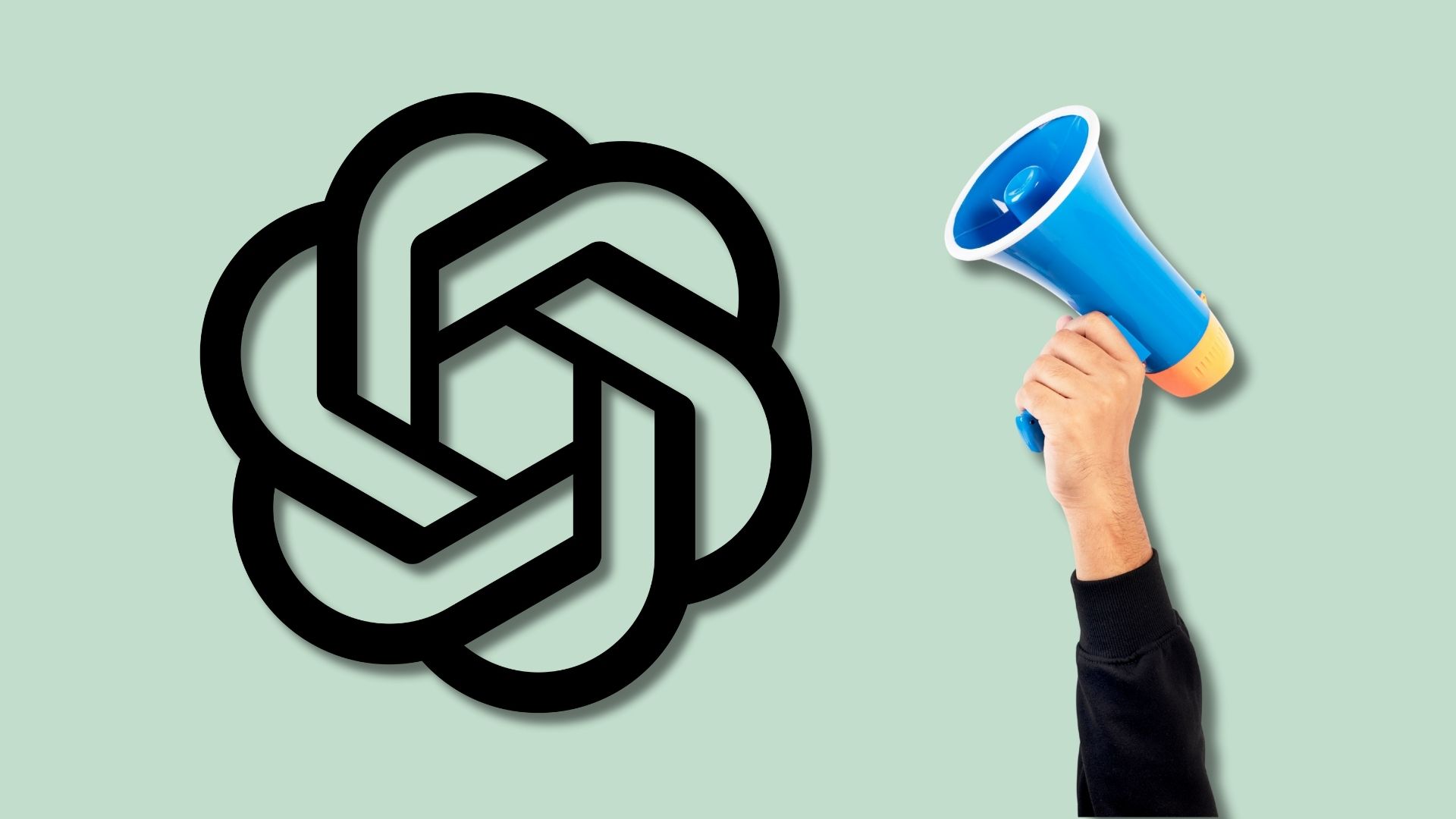Anthropic has introduced Claude Code Security, an AI-powered service that scans software codebases for vulnerabilities and recommends targeted fixes. Built into Claude Code, the capability is rolling out in a limited research preview for Enterprise and Team customers.
The tool analyses code beyond traditional rule-based scanners, examining data flows and component interactions to identify complex, high-severity vulnerabilities. Findings undergo multi-stage verification, receive severity and confidence ratings, and are presented in a dashboard for human review.
Anthropic said the system re-examines its own results to reduce false positives before surfacing them to analysts. Teams can prioritise remediation based on severity ratings and iterate on suggested patches within familiar development workflows.
Claude Code Security builds on more than a year of cybersecurity research. Using Claude Opus 4.6, Anthropic reported discovering more than 500 long-undetected bugs in open-source projects through testing and external partnerships.
The company said AI will increasingly be used to scan global codebases, warning that attackers and defenders alike are adopting advanced models. Open-source maintainers can apply for expedited access as Anthropic expands the preview.
Would you like to learn more about AI, tech, and digital diplomacy? If so, ask our Diplo chatbot!

